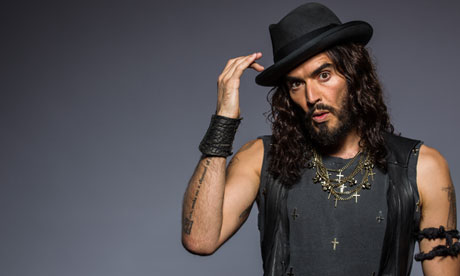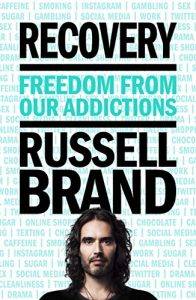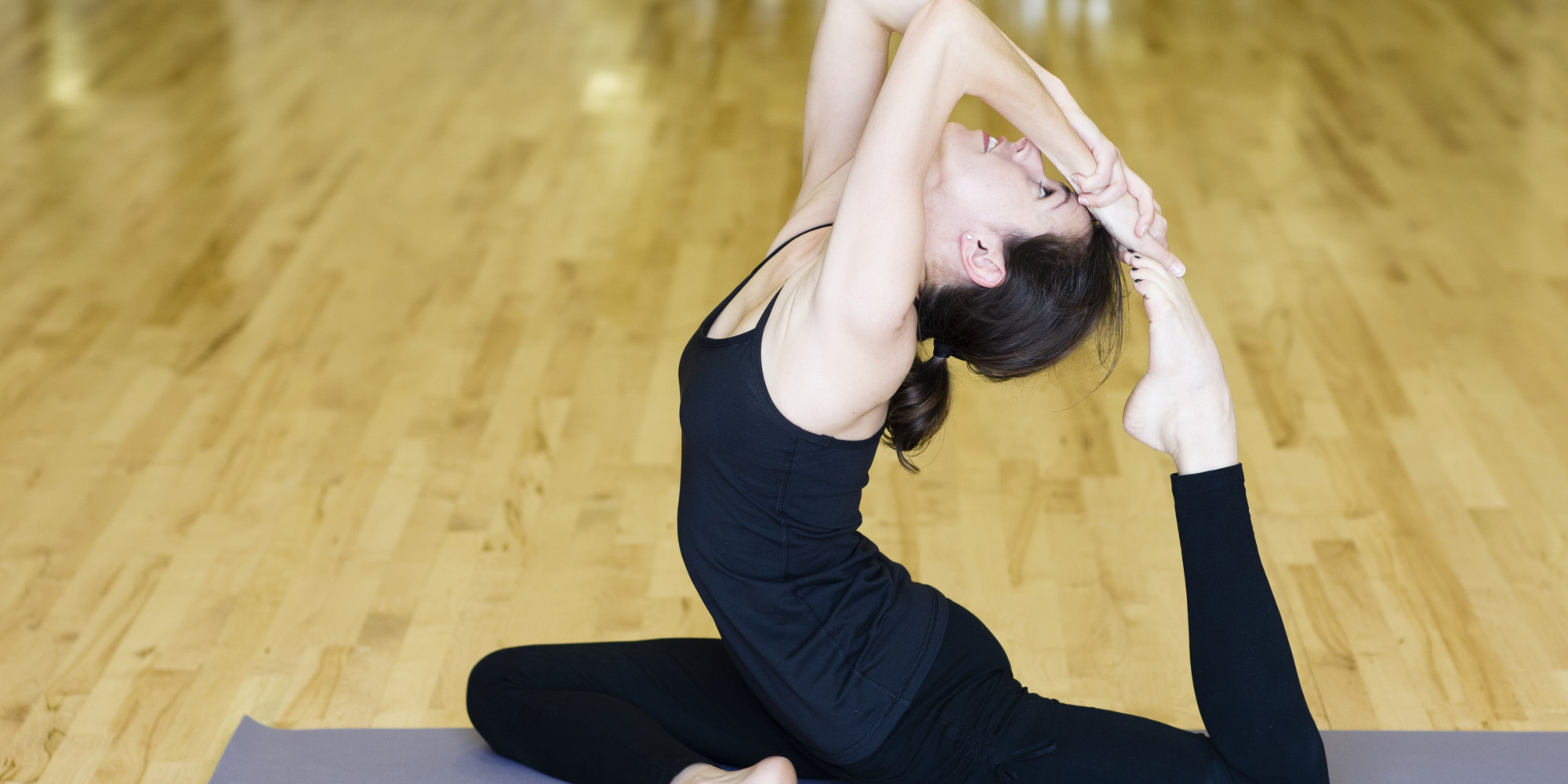British comedian, actor, and author Russell Brand is one of the most self-aware people, famous or otherwise, you’re likely to ever encounter. He turns a morning interview into a quick meditation session. Without a single om.
“Meditation is your negotiation with your feelings that you want to think and you want to do stuff. There are lots of techniques. You follow your breath. You sit in a position that’s comfortable,” he says. “I carry tension in my jaw and around my eyes. Scan your body for where you carry the tension. Is it in your shoulders? Is it in your face? I bring my attention to my hands.”
The whole thing takes about five minutes, and as someone who is perpetually tightly-wound, I can attest to the fact that yes, it works. “I feel good and relaxed,” concurs Brand. He credits his more balanced life to Transcendental Meditation, which he practices twice a day.
David Lynch and Oprah Winfrey are among the other famous names who practice TM. If you do it twice a day, for 20 minutes, you can better deal with stress and anxiety, according to Lynch’s foundation.
As for Brand, he has written a new book, “Recovery: Freedom from Our Addictions,” about all the stuff we’re hooked on, from shopping to booze to fame to food. For better or worse, he knows of what he writes. Brand admitted to using heroin and has been through rehab; he says he’s been clean and sober for more than 14 years.
He’s also now married to Laura Gallacher, and the two are the parents of daughter Mabel, almost 1. In typical, somewhat unfiltered Brand mode, he told listeners of his podcast that he’d waxed his nosehairs for the first time before the nuptials. Now, he’s in the throes of parenthood.
“I look at my baby learning to walk. How is she going to learn to walk? She’s too little. Her feet are like tiny little matchsticks,” he says of Mabel. “But she will, I imagine, learn to walk and she will acquire language.”
How does he plan to address substance abuse and addiction issues, his own in particular, with his child?
“I think it will come up before it needs to be framed. It will be about feelings. I maybe won’t teach my kid to say, ‘I am angry.’ No, you’re not angry. You’re temporarily in this moment experiencing anger. The anger will go, and you will feel the same,” he says. “The first addictions are addictions to chemicals we produce in our body.”
Of course, Brand promptly punctures any declarative statements.
“This is just a theory. My baby can’t talk yet. I might just freak out,” he says.
From: Today




